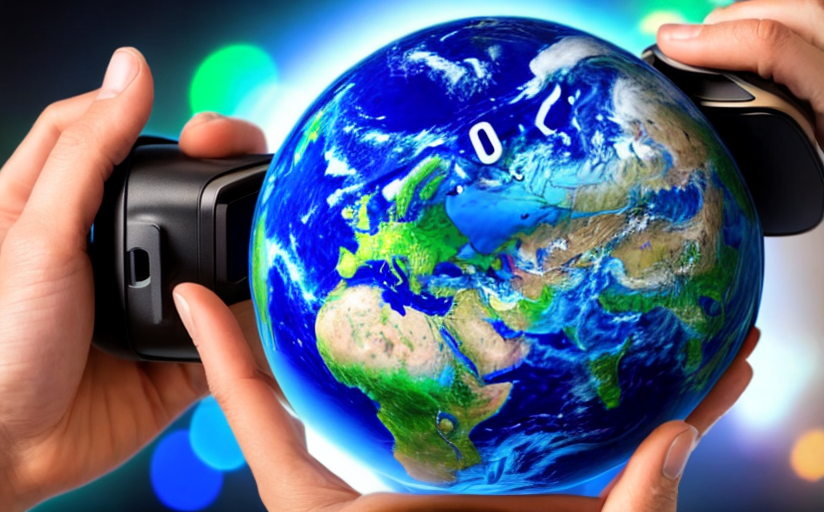The Future of Education: A Dive into Virtual Reality
With rapid advancements in technology, the face of the education sector is evolving. A significant element of this transformation includes the potential integration of Virtual Reality (VR) in education. VR has the potential to revolutionize teaching methods and redefine traditional learning experiences, offering an immersive, engaging, and lifelike environment for students.
The Strengths of VR in Education
Virtual Reality allows learners to visualize complex concepts that would be difficult to depict using traditional teaching tools. It facilitates experiential learning and can stimulate critical thinking. By creating captivating learning experiences, VR can boost student engagement and help with the retention of information. Enabling students to participate in virtual field trips and simulation-based training, VR bypasses the constraints of geography, finances, safety and time, which are prominent issues in the current education landscape.
Challenges Posed by VR
However, like all technologies, VR is not without its drawbacks. The cost of VR tools and the necessary training for educators can be significant, potentially exacerbating existing inequalities in the education system. There are also health and safety concerns, as prolonged VR use might lead to vision problems and other physical discomforts. Moreover, the ethical implications of such immersive technology call for thoughtful discussion and scrutiny; privacy and data security must be assured before widespread implementation in the education sector.
Current and Future Applications of VR in Education
Various educational establishments have started experimenting with VR technology. For instance, medical students have been using VR for practicing surgeries and understanding the human body better. Schools and colleges are using VR for taking students on virtual field trips to historical and geographical locations.
We could envisage a future where learners have access to a global virtual classroom, studying with peers worldwide and interacting with instructors in real time. VR could also facilitate customized learning experiences suited to individual learning styles and paces. Lessons in history, space exploration, environmental science, and others could be taught more effectively with immersive VR experiences.
Social, Economic and Ethical Implications
In time, VR could dissolve geographical and socio-economic barriers, democratizing education at a global scale. On the flip side, lack of access to VR tools could aggravate educational disparities. Economically, while the initial investment may be substantial, VR could offer long-term savings by reducing the need for physical resources. Ethically, regulations assuring privacy, data security, and equitable access would need to evolve along with this technology.
Education is on the brink of a significant transformation – one in which Virtual Reality could play a pivotal role. Policymakers, educators, technology enthusiasts, and indeed all stakeholders will need to come together to harness the potential of this technology while safeguarding against its possible pitfalls.



















Comments
Leave a Comment